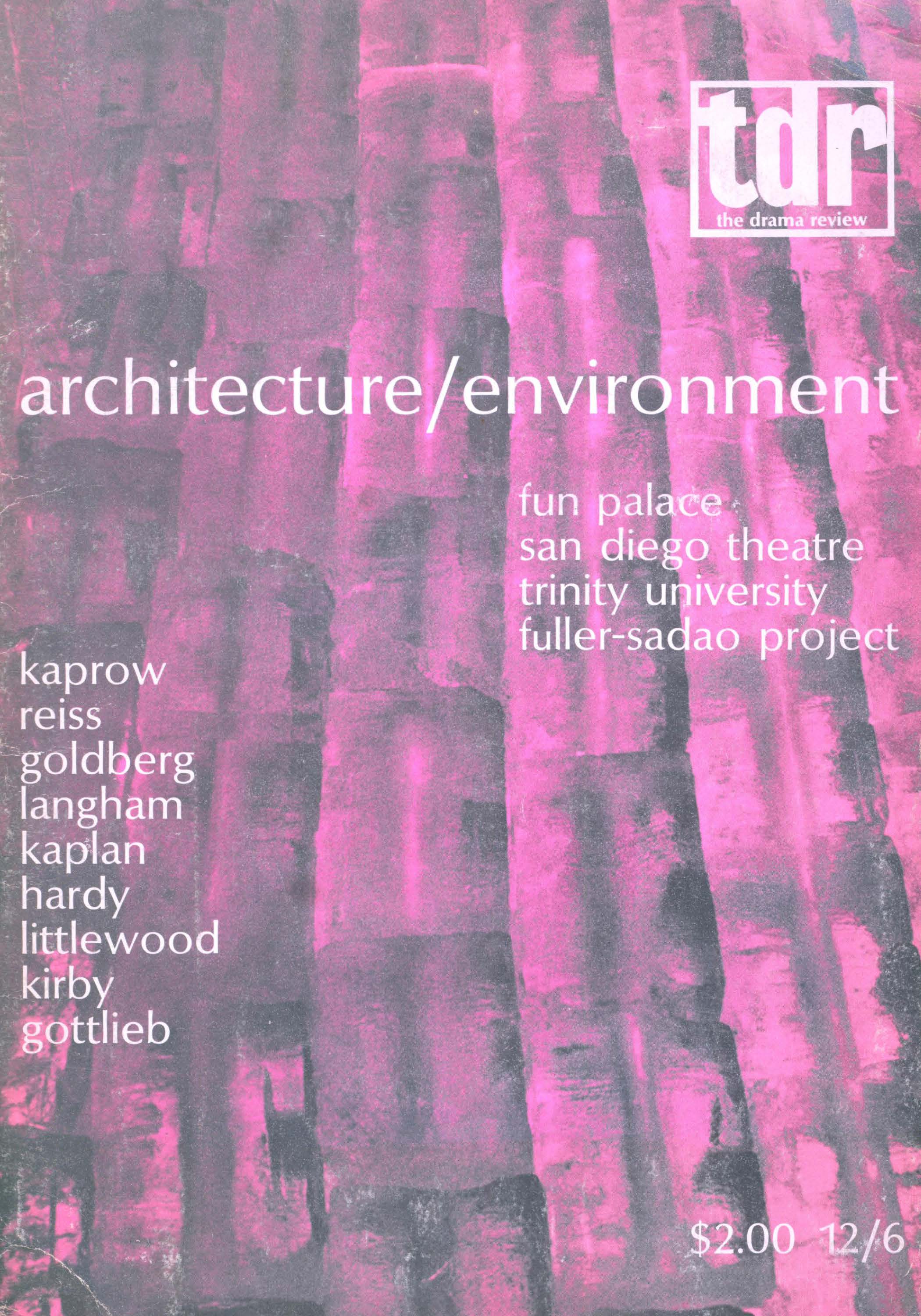Article contents
Guerrilla Theatre: May 1970
Published online by Cambridge University Press: 07 December 2021
Extract
What was most striking (from the New York perspective) about the Maydays of 1970 was that students were organizing themselves to use facilities and resources, not to destroy them. The nihilism so powerfully present in the Columbia uprising of 1968, and always prominent in “revolutionary” rhetoric within the student movement, was transformed into something more fundamentally revolutionary. “Burn it down,” “trash it,” “shut it down” were not heard so often as “take it,” “use it,” “open it up,” “liberate it.” In either case the work is somewhat symbolic—that is, burnt buildings can be and usually are rebuilt and liberated buildings can be and usually are reoccupied. The establishment is not so weak that it will yield everything at once. But it is not so strong that it will last out the decade.
- Type
- Research Article
- Information
- Copyright
- Copyright © 1970 The Drama Review
- 4
- Cited by


